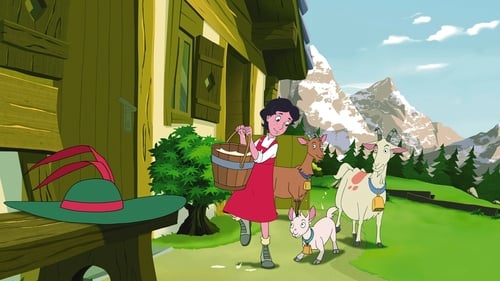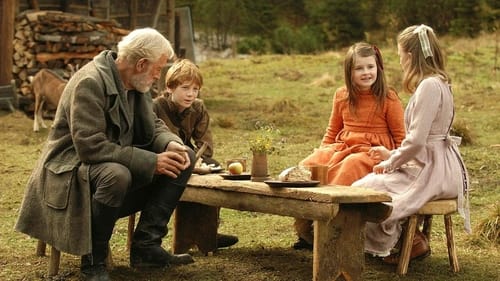Johanna Spyri
出生 : 1827-06-12, Hirzel [now Horgen], Zürich, Switzerland
死亡 : 1901-07-07
略歴
Johanna Louise Spyri (née Heusser; 12 June 1827 – 7 July 1901) was a Swiss author of novels, notably children's stories, and is best known for her book Heidi. Born in Hirzel, a rural area in the canton of Zurich, Switzerland, as a child she spent several summers near Chur in Graubünden, the setting she later would use in her novels.
In 1852, Johanna Heusser married Bernhard Spyri. Bernhard was a lawyer. Whilst living in the city of Zürich she began to write about life in the country. Her first story, A Leaf on Vrony's Grave, which deals with a woman's life of domestic violence, was published in 1880; the following year further stories for both adults and children appeared, among them the novel Heidi, which she wrote in four weeks. Heidi tells the story of an orphan girl who lives with her grandfather in the Swiss Alps, and is famous for its vivid portrayal of the landscape.
Her husband and her only child, both named Bernhard, both died in 1884. Alone, she devoted herself to charitable causes and wrote over fifty more stories before her death in 1901. She was interred in the family plot at the Sihlfeld-A Cemetery in Zürich. An icon in Switzerland, Spyri's portrait was placed on a postage stamp in 1951 and on a 20 CHF commemorative coin in 2009.
In April 2010 a professor searching for children's illustrations found a book written in 1830 by a German history teacher, Hermann Adam von Kamp, that Spyri may have used as a basis for Heidi. The 1830 story is titled Adelheide - das Mädchen vom Alpengebirge—translated, "Adelaide, the girl from the Alps". The two stories were alleged to share many similarities in plot line and imagery. Spyri biographer Regine Schindler said it was entirely possible that Johanna may have been familiar with the story as she grew up in a literate household with many books. However, the professor's claims have been examined and afterwards described as "un-scientific", due to 'superficial coincidences' he brings up in descriptions and the many actual differences in the story, that he doesn't, as well as the "Swiss disease" of homesickness already being a common trope in fiction in the eighteenth (nineteenth in the article) century (as well as, while not mentioned in the article, it being discovered before von Kamp was even born) and characters that are either drastically different or not in "Adelaide", at all.
Source: Article "Johanna Spyri" from Wikipedia in English, licensed under CC-BY-SA 3.0.





